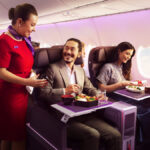
QANTAS & Virgin Australia: Stop hogging Sydney Airport slots! – says competition watchdog
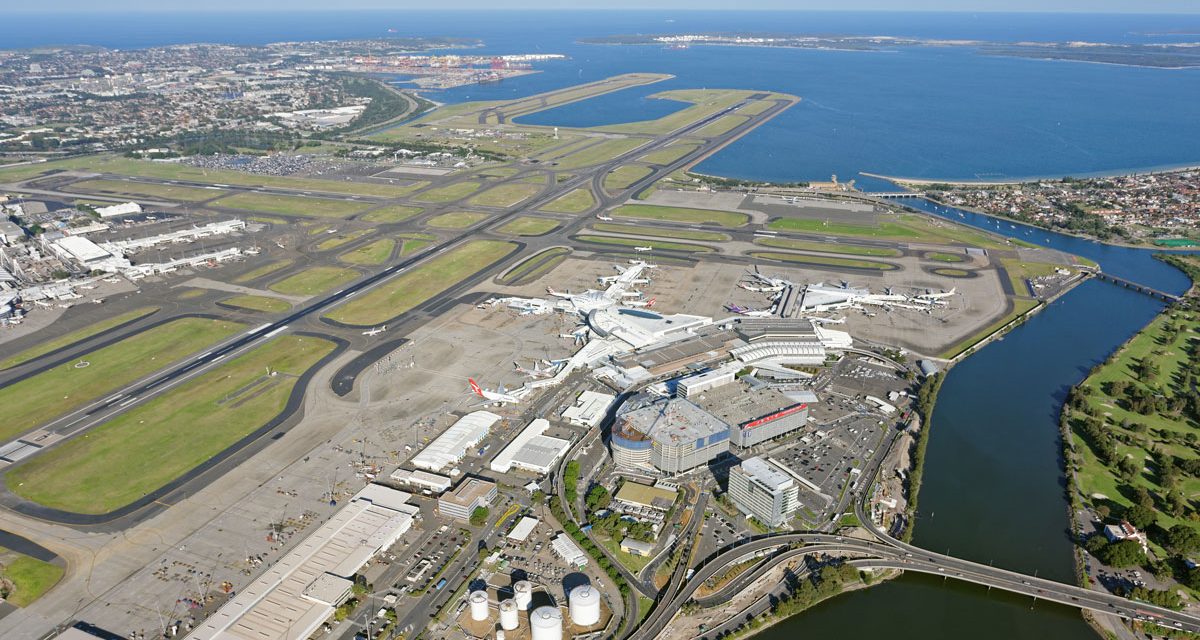
The Australian Competition and Consumer Commissions (ACCC) 2nd report under the Australian government’s direction to monitor competition in the domestic air passenger and transport sector calls for the federal government to improve competition between airlines by changing the way take-off and landing slots are allocated at Sydney airport, to end the duopoly between the Qantas Group and Virgin Australia.
“Access to slots at Sydney Airport is a key barrier to entry and expansion in Australian air passenger services markets,”
Rod Sims, Chairman, Australian Competition and Consumer Commission
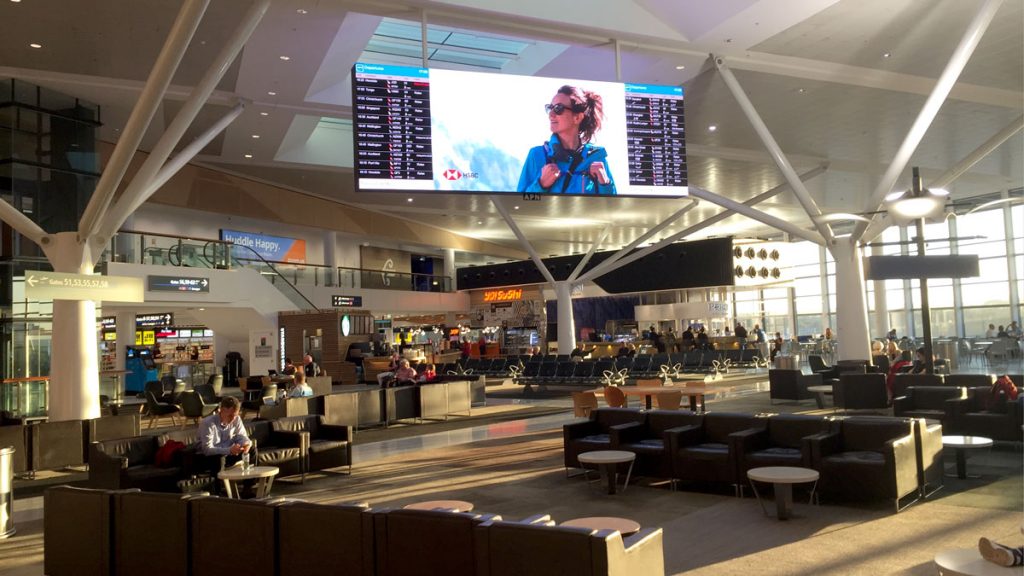
Content of this Post:
Background
Sydney has one of Australia’s busiest airports, and the ACCC feels that reform of slots allocation would boost competition and rivaly between airlines that in turn would result in cheaper airfares, better onboard service and improved flight frequency. (here! here!)
The ACCC sees this current pandemic period of reduced flying, where slots lay about unused as a perfect time to implement a bit of reform.
Slot policy
Currently, once an airline has a slot, it keeps it basically in perpetuity, thus affecting any new players ability to gain prime slots in peak flying periods. Given that new domestic player REX is entering the fray as of 1 March 2021 (seat booked!), the ACCC’s observations are timely. REX’s ability to expand its operations and to gain slots at highly prized periods will directly affect its potential success as a domestic competitor.
“In recent years there have been growing concerns within [the] industry that airlines have been able to exploit the slot-management scheme to hoard slots and/or use slots inefficiently to maintain their market power and prevent entry or expansion by competitors.”
ACCC
The trick has been for airlines to apply for more slots than they require, making it difficult for competitors to get hold of any.
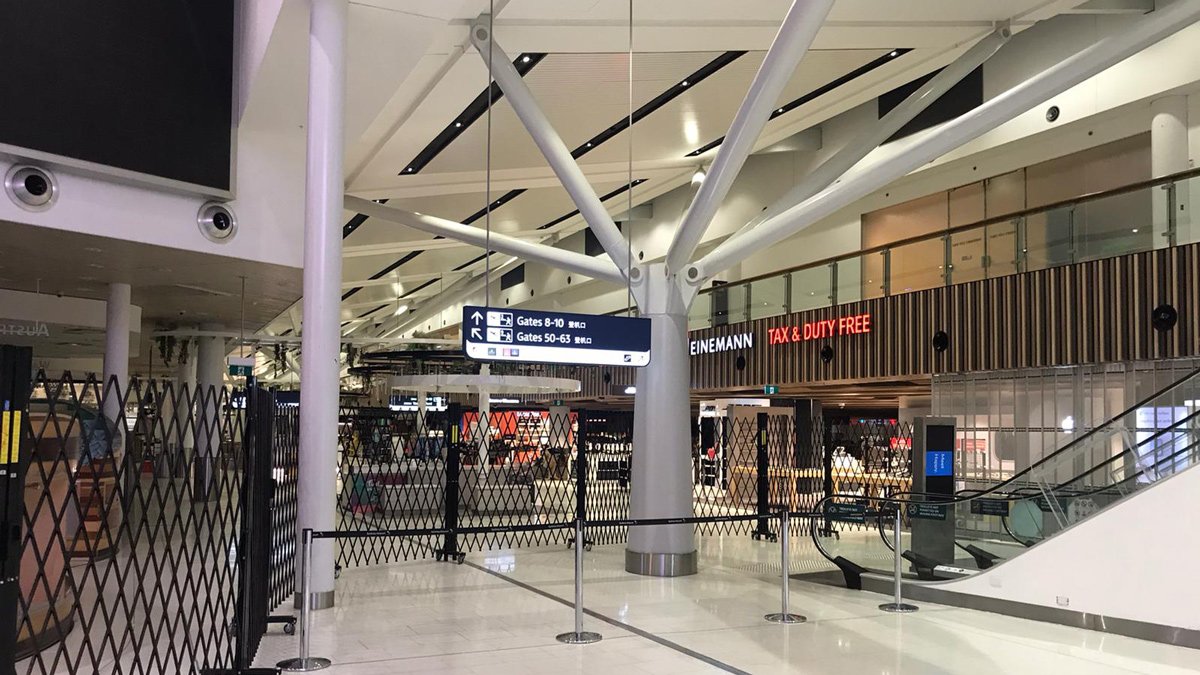
Recommended new slot policy
The issue for government is that changing the system at Sydney Airport requires legislative change to improve the outdated system. What the ACCC suggests is that airlines be penalised financially for not using their slots. In turn this will create an incentive for airlines to return unused slots back to the airport for use by other airlines.
The ACCC is also floating the idea of a ‘pandemic recovery pool’ of takeoff and landing slots. Pre-pandemic international slots could go into this pool while international flying is much reduced and be re-purposed for domestic flights.
All this has gone as advice to a Senate inquiry which currently intends to report by the end of March 2021.
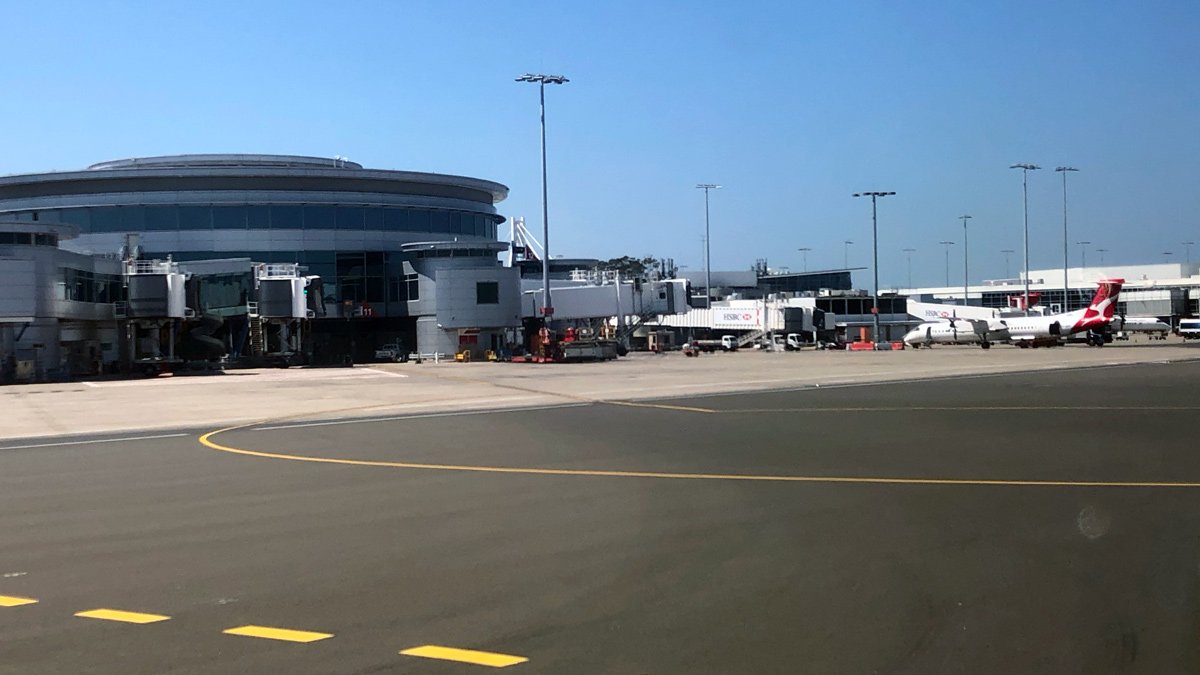
2PAXfly Takeout
This is another timely reminder to wear your seatbelt when seated. Holding you close to your seat will protect you from the sort of injuries sustained on this flight, when unsecured passengers flew to the ceiling of the aircraft, and then came crashing down once the ‘drop’ ceased.
The hope will be that this is an anomaly – a ‘freak accident’ in casual parlance. If it is a systemic error either mechanical or electronic, then this is a larger concern for the airlines that fly Boeing Dreamliner 787 aircraft. Let’s hope it isn’t. If it is, it will pile on the woes to Boeing’s existing stack.
Bravo ACCC! I say.
Mind you I’m a little more anxious about their review of the 80 aircraft movements per hour at Sydney Airport which happen to come close to going over my house. Sydney Airport would love an increase. We the residents that have been blessed with more silence in the airspace above our homes during the pandemic take a different view.
If you’re a sucker for a government report, head to P 14 of the submission for a meaty melange of dot points on airline competition. You can download the relevant report here.

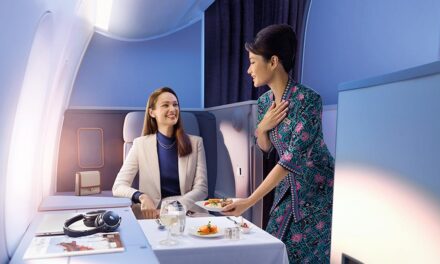

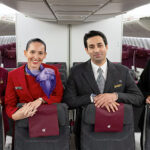
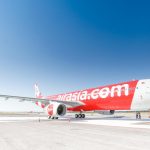
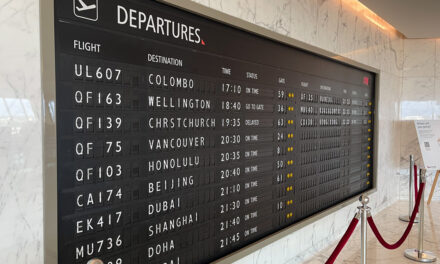
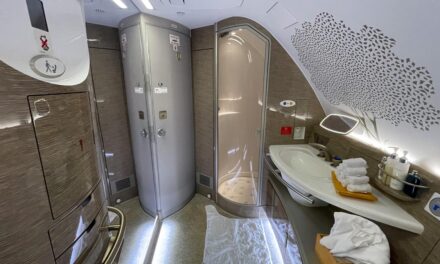
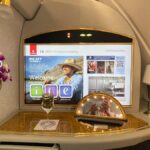
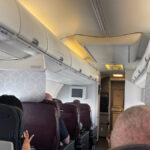



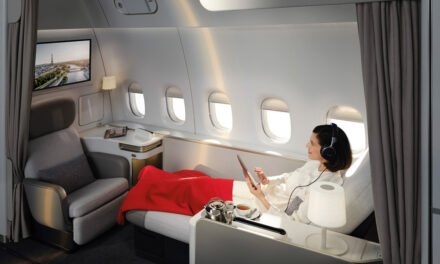
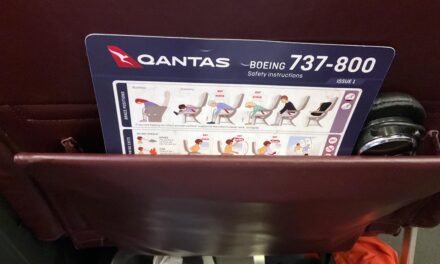
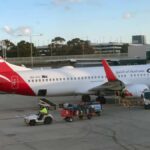

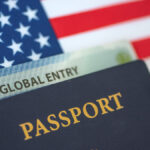
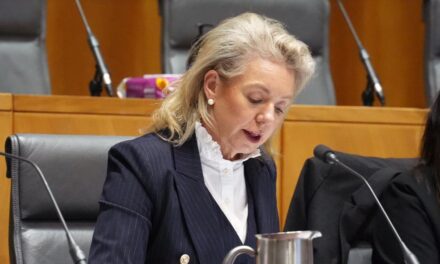
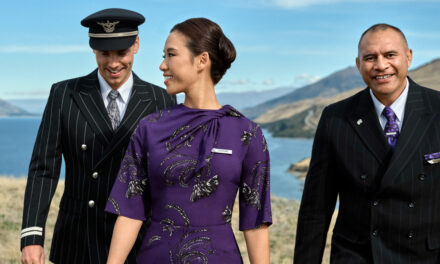
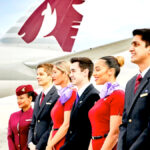



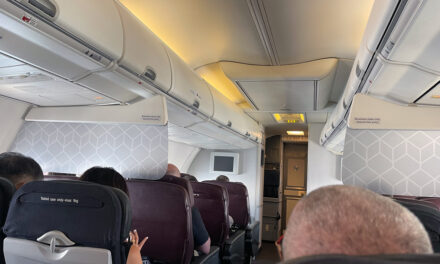


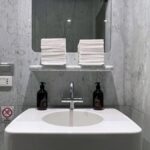
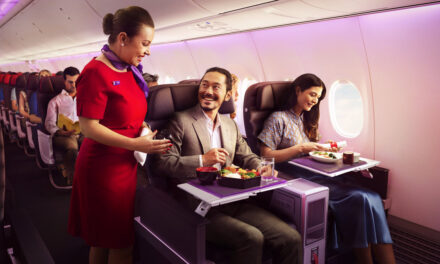
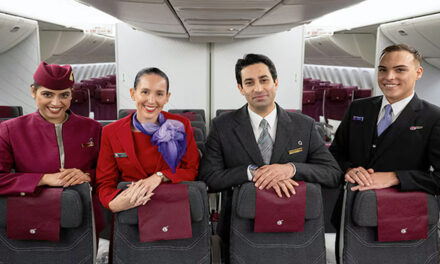






What did you say?